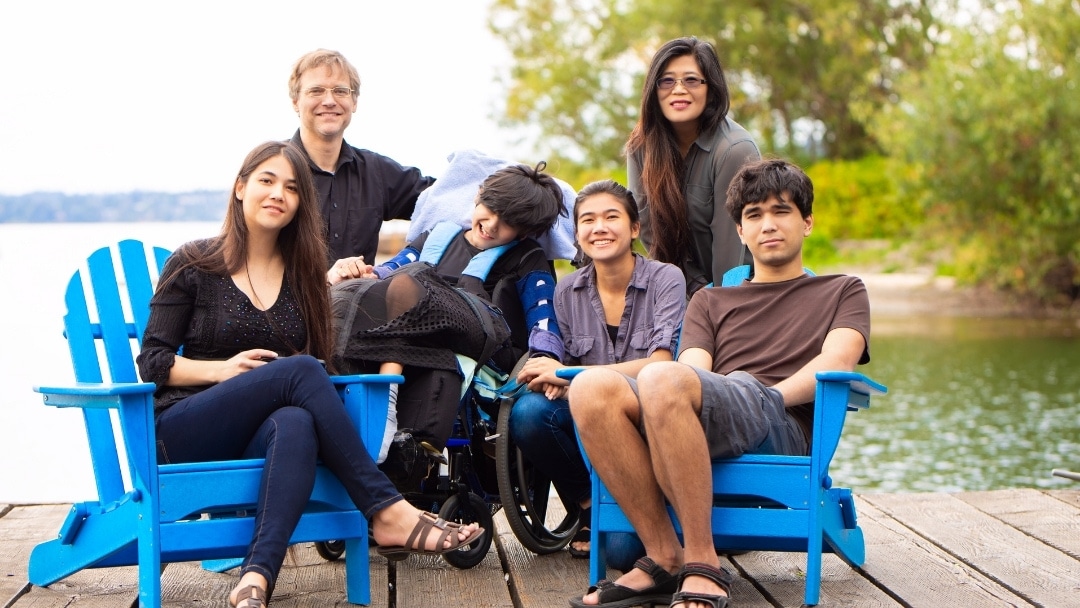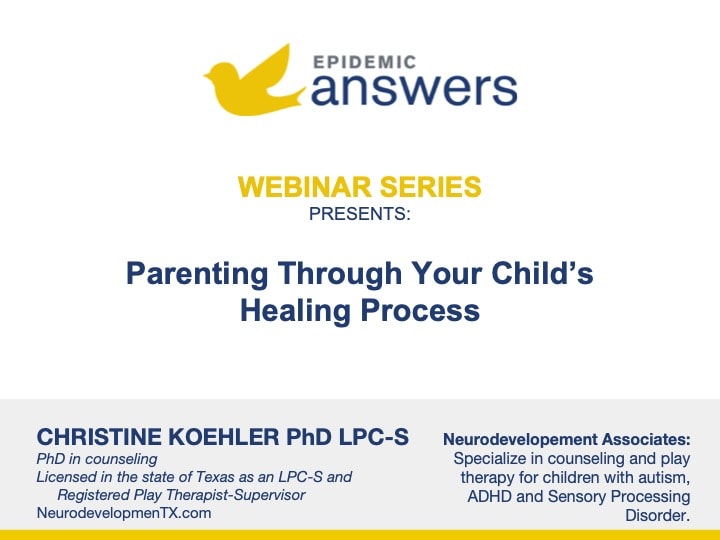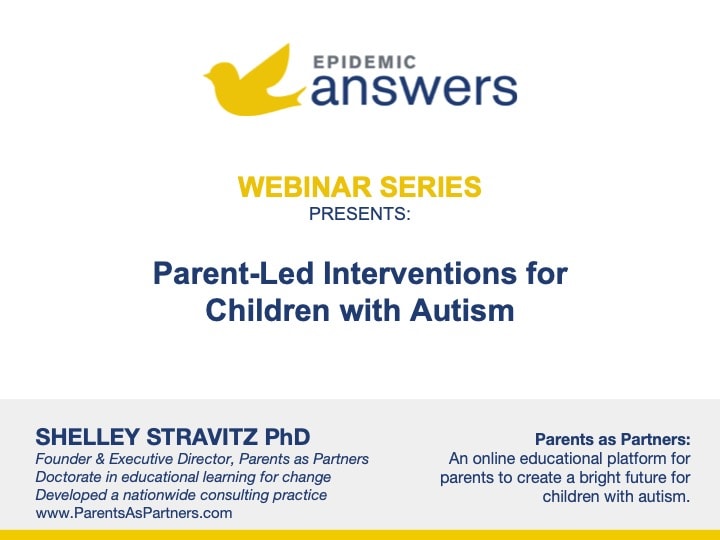Parenting special needs children can be quite the challenge, but children will more easily reach their full potential if the adults around them are working as a team.
Collaboration with Professionals
A child’s disability or neurodevelopmental disorder such as autism, ADHD or Sensory Processing Disorder brings parents into contact – and sometimes into conflict – with doctors, teachers, and therapists. Here are suggestions for developing partnerships with professionals for parenting special needs children.
Develop Positive Communication Skills
It’s easy for the relationship to become adversarial, but that’s counter-productive. You make it easier for professionals to give you what you need if you communicate with them positively.
Be Assertive But Not Aggressive
Say what you believe firmly, but not with anger or implied threats. Your goal is to get them to listen – not to make them defensive.
Listen
It’s easy to spout a list of grievances, but if you don’t listen to the professionals, you can’t expect them to listen to you. Your goal is open communication.
Act Rationally
Dealing with professionals prompts a lot of emotions; most professionals understand that. Still, the more rational you can be with them, the more willing they’ll be to listen.
Find a Professional You Can Talk to
You don’t have to stay with a doctor or therapist you don’t like. “Shop around” until you find one you feel comfortable with.
Not all doctors feel comfortable with special-needs children; not all doctors are willing to talk about feelings. Some give parents a lot of information and encourage participation in decisions, others don’t.
Decide what kind of relationship you want with your doctor, and find one who will work with you that way. As with any two people, sometimes personalities “click”, and sometimes they don’t. Find a doctor you can talk to easily… good communication is worth waiting a long time in the waiting room!
You Are Your Child’s Expert; Tell Them What You Know
You know your child better than anyone. You know what’s normal for him/her. You see sides of him/her professionals never see. Your gut instincts about what your child needs are correct. Trust them.
[One parent remarked that] “time after time I’d go in to the doctor or the school and tell them what I thought my daughter needed. They’d tell me I was wrong. At first, I’d believe them. Then it would turn out to be right. After years of this I finally caught on – I know more about Marti than they do.”
Be Prepared
Maximize your time in the office by doing your homework first:
- Read about your child’s condition. Because library books are frequently outdated, ask your professionals or parent group for a current reading list.
- Make a list of your questions before you go. It will help you remember what you’d planned to ask.
- If you have a particular concern about your child’s health or behavior, keep a log for a few days before you go. Record the frequency and duration of symptoms, plus anything you’ve done to treat them. This will help the professional diagnose the situation.
Stick to the Topic
A professional schedules time based on what you tell him/her you need. If, during an appointment, you bring up an “unscheduled” issue, he/she may not have time to discuss it, and, as a result, may seem hurried and brusque. You can avoid this by stating all your concerns at the beginning of the appointment.
If there are unscheduled items, make an appointment to discuss those at another time. Both appointments will be smoother.
Speak Up… Nicely
If you have a problem with what a professional has told you, don’t be afraid to say so. If you’d like a second opinion, say “Might someone else in your field feel differently?” Your doctor won’t mind; second opinions are common.
If you can’t squeeze in another therapy at night, ask if there’s another way to get the practice in. Your therapist will help you find one.
Work with professionals to provide the services your child needs.
It Is Okay to Say “No” to Therapy… Occasionally
There are times when even an acceptable amount of therapy becomes too much when your child needs to be a child, or when you need to be with the rest of your family. When parenting special needs children, it’s okay to say “no” at those times, for a while. Your instinct will tell you when.
Form a Partnership
Professionals are people, too; they have good days and bad days. They work long hours that are emotionally draining. They’ve chosen their profession because they care deeply about children and nurse the same hopes for your child that you do.
You each have your own–partial–expertise; together you form the complete team. Make that teamwork happen. You are as much responsible for it as the professionals. If you want them to be “real” with you, be “real” with them.
As one doctor said, “Sometimes a little reverse sympathy is very much appreciated. A simple remark like, ‘Gee, it looks like you had a tough night,’ goes a long way. It solidified the emotional bond between us.”
A parent said it simply: “I make friends with the people who serve my child.”
For Professionals That Work with Special Needs Children
If you are a professional that works with these children, read the following suggestions from Donna Wendelburg and Kathy Nurek to increase your team’s effectiveness and build good relations with special needs parents.
Tell Parents What They Do Well
“I like the way you smile at your child” may be the only compliment you can think of, but it will go a long way to building an effective team of professionals and parents.
Parents need to know what they’re doing right; they often need reassurance and emotional support. Having a child with a disability makes parenting a daunting task.
Learn to Understand Normal Child Development
Professionals need to understand normal child development including vision and auditory development or they can’t look for the causes that allow a child to fail. Emphasize a developmental approach rather than a remedial (repetition) approach.
For example, phonics will work – if it’s taught at the right time for the child, and if there are no auditory perception problems.
Understand what developmental skills need to be in place before a child is ready for phonics or any academic task.
Understand the Importance of Movement
Movement is a necessary way for children to gain knowledge. Some kids need more movement than others. By allowing controlled movement in the classroom, some of the behavioral problems can be eliminated.
Avoid Using the Label as the Solution
Look at the whole child, not just the neurodevelopmental disorder or disability. Check every area of the child’s life:
- Sleep
- Nutrition
- Fresh air
- Stress levels
- Academics
- Family life
Also, avoid using the label as an excuse or as a limitation.
Avoid sentences like, “You can’t expect your child to ____; he/she has a neurodevelopmental disorder or disability.” Children can transcend their disabilities if the adults around them believe they can and work toward that end.
Watch Behavior
Children communicate through behavior. Their behavior will let you know what is and is not working in their lives. Focus on the causes of the behavior, not whether you like or dislike the behavior.
For example, if a child is drumming fingers in the classroom, determine the cause:
- Is it boredom?
- Is the task too hard?
- Has the child been sitting too long?
- Does the child need body contact?
Begin looking for the cause by asking the child, “Why are you drumming your fingers?”
Accept Responsibility as an Effective Team Member
Strive first to always focus on the positive aspects of a child’s progress. Help educate other parents about the disability. Strive to be knowledgeable about treatments and solutions.
Provide specific suggestions for handling situations and be willing to work with other members of the team, both in and out of your discipline. This shows that you are taking responsibility for your relationship with the child.
Parents frequently feel alone; it’s important for them to realize that others also care passionately about the well-being of their child and will work together toward that end.
Reprinted with permisson from Lois Hannon, Editor- “The Post.” A publication of the Parent Network for the Post – Institutionalized Child, PO Box 613, Meadow Lands, PA. Excerpted from “Vision Development 0-3”. Reprinted with permission.
Still Looking for Answers?
Visit the Epidemic Answers Practitioner Directory to find a practitioner near you.
Join us inside our online membership community for parents, Healing Together, where you’ll find even more healing resources, expert guidance, and a community to support you every step of your child’s healing journey.




